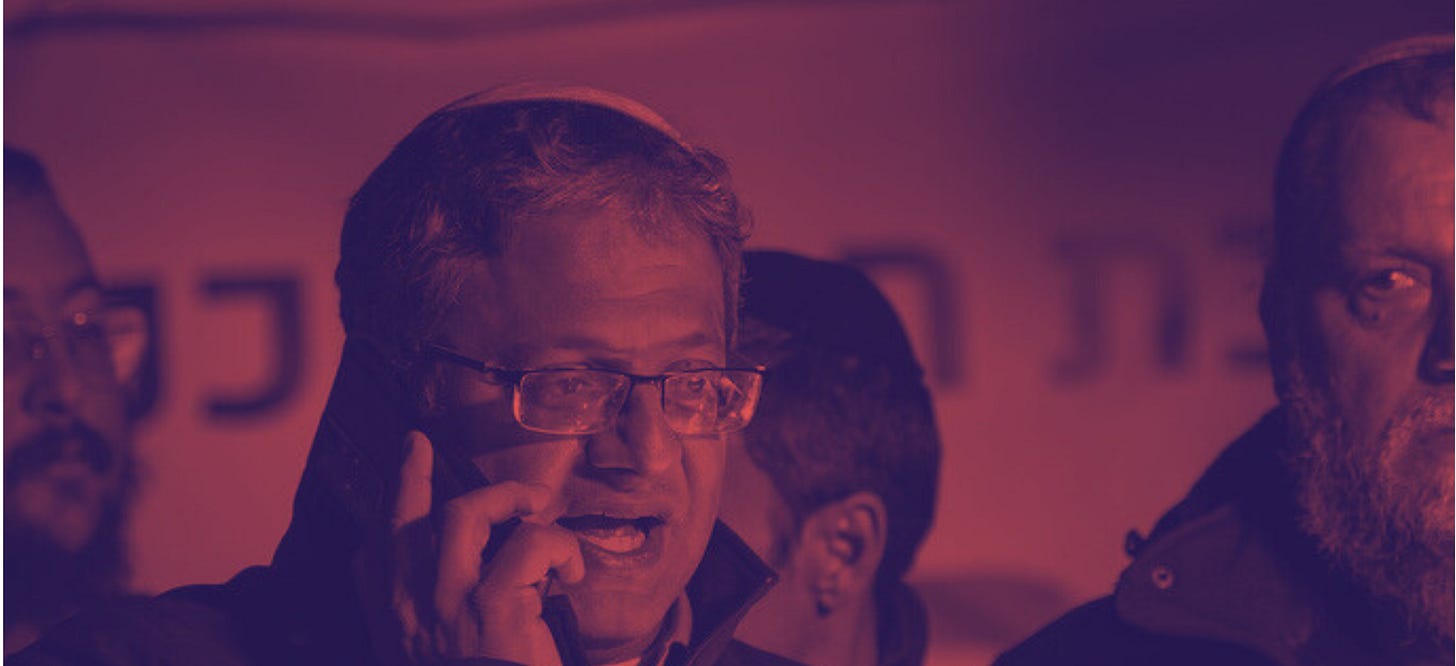The Fragile Ceasefire
We’re all for the triumph of hope over experience, but nothing about the latest ceasefire deal in Gaza will run smoothly—and a good many of the hard-fought provisions contained in it won’t run at all. For peace to be achieved with this agreement, too many complex, interlocking sequences need to move in almost perfect harmony and in ways that have either never been tried or have consistently failed. The deal is therefore a very narrow, treacherous pathway to an altogether uncertain future.
Luck permitting, a century of conflict between Israelis and Palestinians will take a breather in the hope that the shocking destruction and killing in Gaza can stop long enough to get food and medicine to two million tortured, shell-shocked Palestinians—the targets of what Israel’s Prime Minister once called his country’s “grand vengeance.”
Netanyahu’s Unfinished War
What is clear is that Mr. Netanyahu has failed spectacularly to achieve total victory over Hamas. Less clear is whether he has seriously given up on that aim or will seek to provoke violations that will trigger a return to the battlefield to try again. Such feats of diplomatic re-engineering are not uncommon in the region.
Itamar Ben Gvir, who has just resigned from the government as Security Minister, has admitted that he was responsible for blocking an earlier and similar truce, at the same time as his colleagues were blaming Hamas for months of delays and bad faith. As for Israel’s future intentions, Ben Gvir’s far-right colleague, Finance Minister Bezalel Smotrich, who hung onto his cabinet post, clearly relishes the possibility of further score-settling with Hamas and says the prime minister has agreed to work towards a “gradual takeover of the entire Gaza Strip.” News to everyone—but not exactly surprising.
In an extraordinary outburst Saturday on Telegram, Smotrich wrote: “Look at Gaza, it’s destroyed, uninhabitable, and it will stay this way… Do not be impressed by the forced joy of our enemy… Very soon, we will erase their smile again and replace it with cries of grief and the sobs of those who were left with nothing.”
Hamas’s intentions are equally troubling. According to journalists in the Strip, the group is already going after anyone who may have cooperated with Israel. Suspects are reported to have been beaten up and threatened. Hamas is also busy selling its own version of victory to any Gazans who’ll listen, but it has few, if any, champions left in the Arab world.
The Reconstruction Dilemma
One former highly placed official, with knowledge of the negotiations, says: “Trump will offer a plan where Hamas can be a partner in governing Gaza, but only if it recognizes the State of Israel.” If it doesn’t, the chances of any country or international consortium digging deep into its pockets to fund reconstruction would be minimal. Memories of the colossal failures in Iraq and Afghanistan are still raw and vivid.
But whatever international goodwill can be mobilized for Gaza, the destructive force of Israel’s response to Hamas’s Oct 7 atrocities has meant that no normal life can be resumed in the Strip for many years to come—if at all. And it’s hard not to believe this was Israel’s unavowed intention. Britain’s former Minister for International Development, Rory Stewart, said that the economic contraction of Gaza in a year is considerably more dramatic than that of Germany or Japan after the Second World War.
The need now is, therefore, enormous and stretches way into infinity. Factor in the high risk of the project failing altogether and the region going back to war, and you have nothing short of an investors’ nightmare. Just watch them run for the exits.
The chance of an independent, self-governing Palestinian state seems equally bleak. We’re told that as the price of normalization, Saudi Arabia will insist on Israel opening negotiations about a two-state solution, but will accept that the process may or may not lead to any positive result. In other words, the scene is being set for the same unproductive runaround and the same tortuous word games that have characterized Middle East negotiations for decades and paralyzed any hope of lasting peace.
Shame on us all if so many men, women, and children have died just for that.







